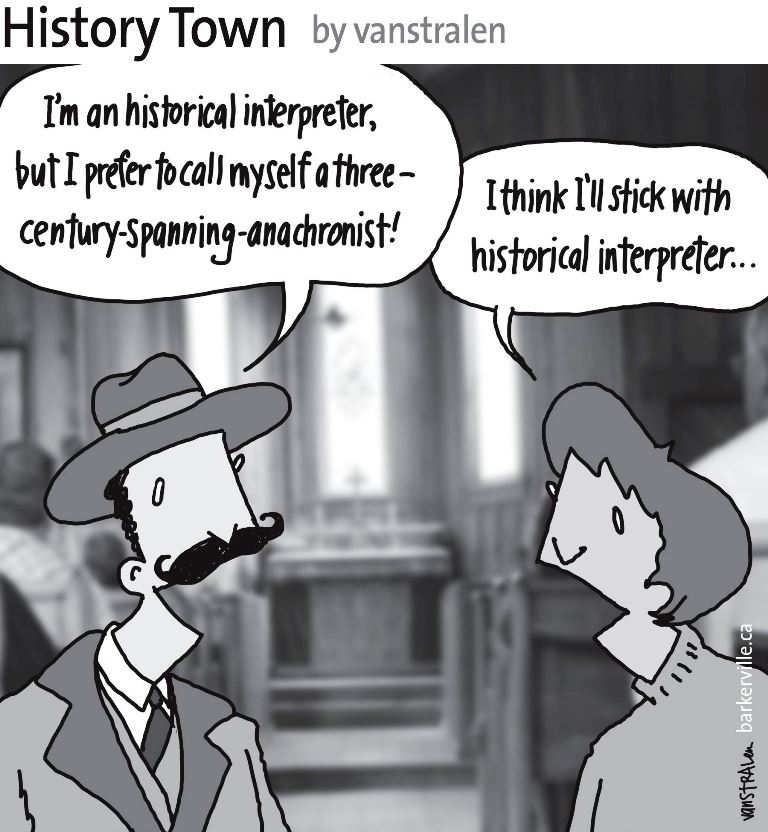6. Describe the role of interpretation.
History is well known to be an interpretation. There are six main reasons why history is an interpretation. The first reason of why interpretation is an important role in history is about how history is incomplete. It is incomplete because most of history was not recorded. In history, we will hear about major events like wars and battles, however, we will not know about each life of every individual that was to walk the Earth. The second reason history is known as an interoperation is about records that could have been lost or destroyed. Recorded history could be destroyed by people or even elements, and it would just be erased from existence. For example: the Great Library of Alexandria was lost and never found. The third reason is about the authors or presenters of history being biased to one side of history rather than being equally balanced on the subject. Usually history is written by the winners of wars or battles. For example: if Great Britain wrote about how they did not care if he United States was no longer theirs, the United States would say that the battle versus Great Britain was extremely heroic and Great Britain put all of their efforts into stopping the revolution. The fourth reason is when interpreting history, learning every single thing about a certain event or time period on your own can be impossible. If one wanted to know everything about the Yeehat Indians, that would almost be impossible without the help of historical experts, translators, and someone who had ancestors in the tribe. The fifth reason why history is an interpretation is because when finding information about the past, not all of the information that is found is noteworthy. If one were to find two pieces of information, the location of the Holy Grail and Franklin D Roosevelt's opinion on the radio, the location of the Holy Grail would seem more noteworthy. The sixth reason is the way one presents interpreted information. This can have a drastic effect on the impression people are left with. Using bright vivid language, correct grammar, proper formatting, and evidence in one's presentation is much better than one copied straight out of Wikipedia with incorrect information that has not been revised. Overall history is not just a story of random facts, but rather an interpretation.
--Mmusallam (talk) 20:54, 3 September 2015 (CDT)Michael

Resources:
http://listverse.com/2013/06/19/10-historically-significant-sites-destroyed-for-awful-reasons/
https://dm2-broadcast.officeapps.live.com/m/Broadcast.aspx?Fi=7c9258f9cb100a28%5F416ae2d b%2Df1ce%2D4e27%2Da2f9%2D43500dd44851%2Edocx History Manual (page 2)